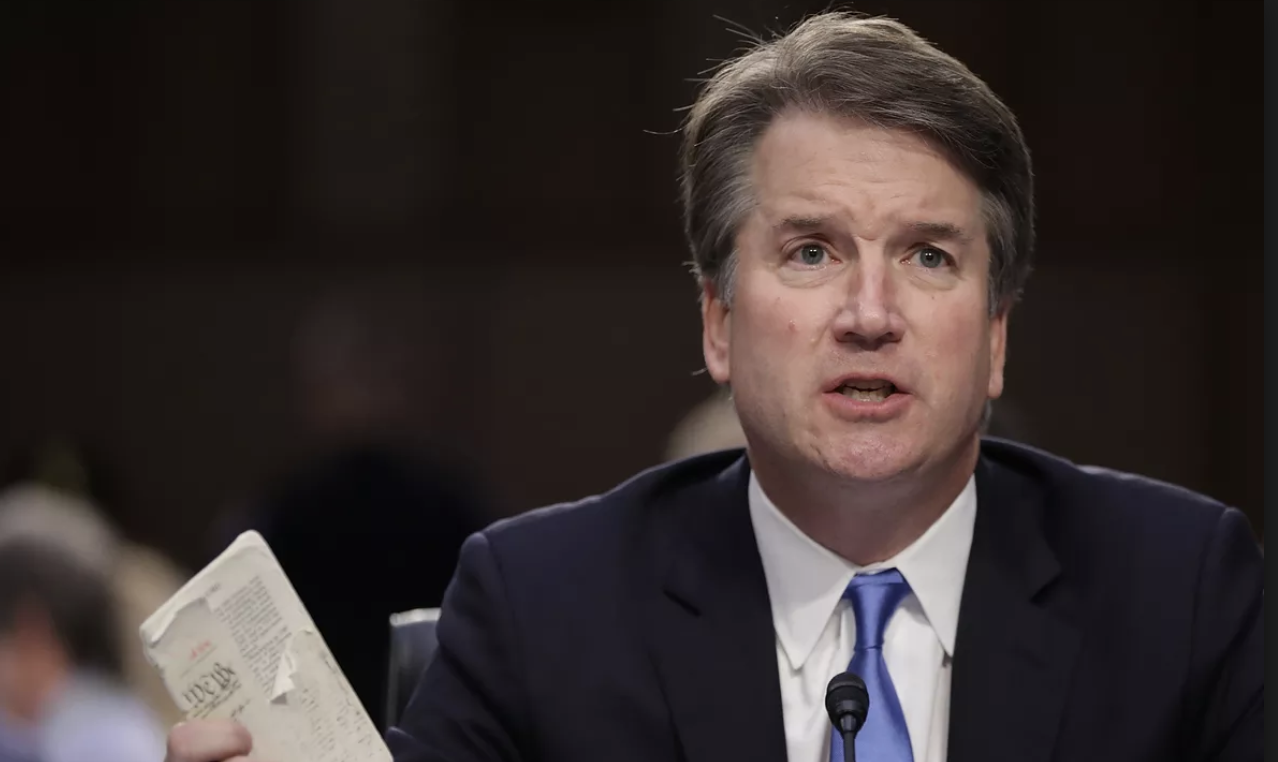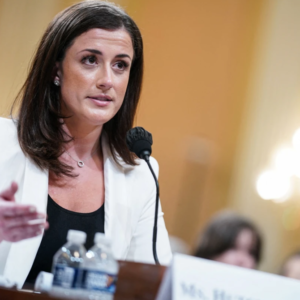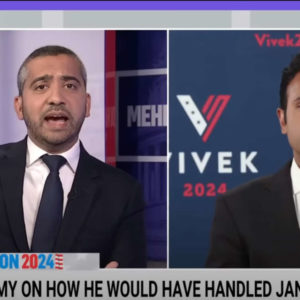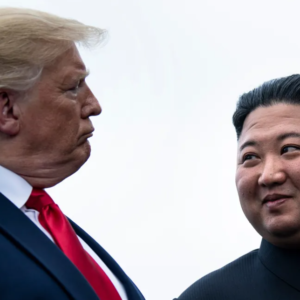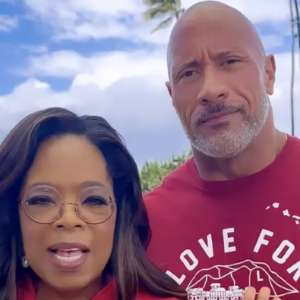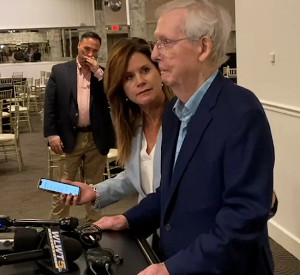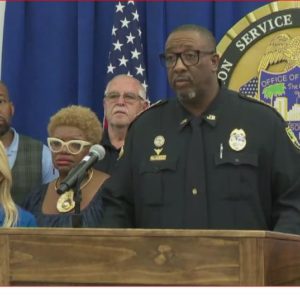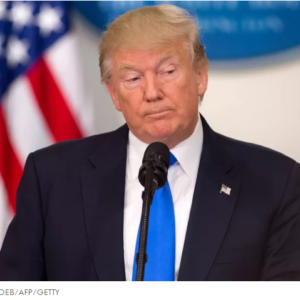You want to know how much of the Kavanaugh-Ford confrontation I watched?
None of it.
Not even a video news summary or story afterward. Sure, I read about it, but I was not going to buy in to a spectacle that was more thermal heat than pinprick of light from a distant star. And I was not going to justify the breathless coverage, titillating details and abject outrage that both sides were peddling in the run-up to Thursday’s hearing.
But as spectacle, it was, well, spectacular.
Here we had a woman who clearly believes she was sexually molested and feared for her safety and virtue, and a man who said that it never ever happened. What are we supposed to take away from this? In short, the only thing we can take from this, that two people disagree about what happened. There were no verifiable facts. There were no corroborating witnesses. There was just emotion.
Perhaps now with an FBI investigation, something approaching evidence might appear. Maybe there are witnesses who will come forward. But if not, what this process has shown us is that we as a country are as divided as ever and are more than willing to take our opinions down to the village square.
But what really bothers me is the assumption that the system is broken and that if this is the way that Supreme Court nominees are going to be treated, then how will we get anyone on the court? And the reason it bothers me is because it puts women like Dr. Ford and Professor Anita Hill in the position of liars who should be quiet because the nominees somehow deserve to win confirmation.
“If only you hadn’t brought your petty trauma to the village square,” we say.
“If only you had learned early on that men can and will act like, what, men? boys? and that you need to be quiet and let them get it out of their systems.”
“If only you had thought about someone other than yourself and your hurt and pain, and put the national interest before your petty concerns.”
“If only you had reported this assault as soon as it happened. Then we would believe you.”
Because we all remember the scores of gymnasts and other female college athletes who went en masse to the police at Michigan State and USC after being repeatedly violated over at least a decade. It didn’t happen and it’s likely not to happen in the future if this is the way we’re going to treat victims of sexual assault.
The remedy to all of this is oh so simple: Nominate people who haven’t tried to sexually assault other people. How about we do that? Did Samuel Alito assault anyone? John Roberts? Neil Gorsuch? No, they did not. You might not want any of them on the court for political reasons, but they seem to be worthy of their appointments. How about the female justices? No problem either.
We also learned quite a bit about Brett Kavanaugh from his defense. Going defensive and angry and obstinate was not the best strategy. But when the template is in the White House, I suppose you give it your best shot.
What we saw, though, was a Judge dispassionately lose his cool at the worst possible moment. I certainly understand his feelings, but what good did it do? It would have been far better for him to simply answer the questions and to tell the Senators who thought they were helping him by being outraged to stop the histrionics. I suppose that when everybody tells you that you were born for the court, you might get testy when it turns out you’re not.
In then end, though, the real travesty about this nomination fight is not necessarily the accusations against Kavanaugh, but the nomination process itself. Like other nominees before him, Brett Kavanaugh dissembled, deflected, obfuscated and made opaque his judicial views and any sense of what kind of justice he might be. Of course, we all know what his judicial philosophy is, but can someone please answer a question?
And the biggest lie is the one he told when he said that certain cases, Roe being the most contentious, represented settled law. This is serious hogwash and Kavanaugh and the Senators and the Congress know this. After all, Roe upended settled law in most states by legalizing a procedure that was illegal, in the same way that Brown overturned segregation, and other settled law decisions such as Lochner, Gobitis (overturned three years later), Korematsu (June), Abood (June) and many others were also summarily overturned. And previous rights that were not specifically enumerated were then found to be constitutional, such as corporate speech in Citizen’s United, personal gun ownership in Heller, and gay marriage rights in Obergefell.
So don’t tell me that any previous case decided by the court is settled and therefore could not be overturned. That’s why you were nominated, Brett; to be the deciding vote to deny people the right to vote, to be treated legally by the police, or to have control over one’s own body.
It took Nixon and Reagan three tries before they found their justices in 1969 and 1987, respectively. Perhaps Brett Kavanaugh is not the best choice for this position and that we need to look elsewhere.
For more, go to www.facebook.com/WhereDemocracyLives or Twitter @rigrundfest
